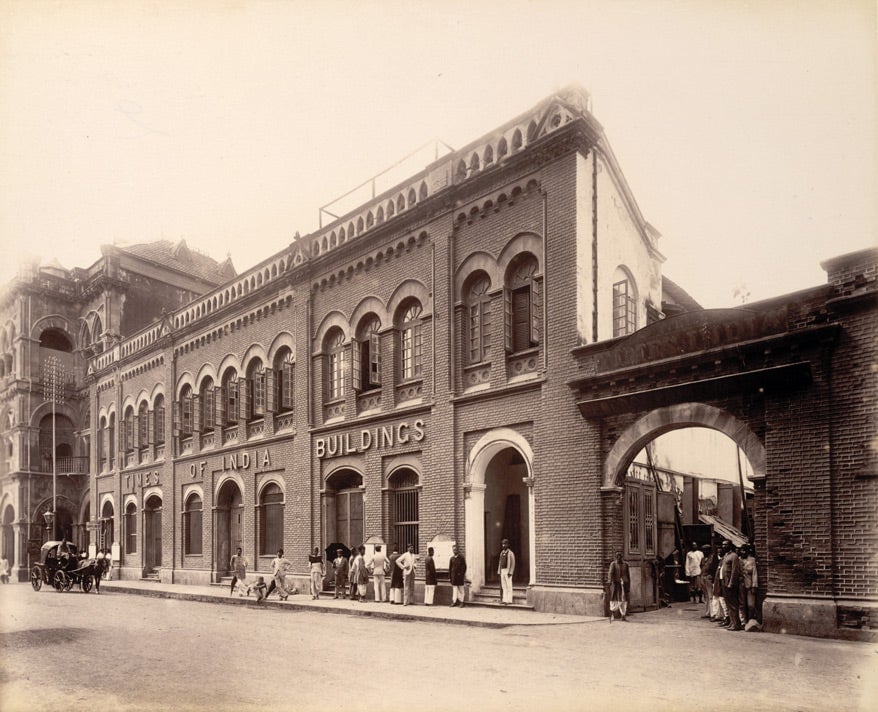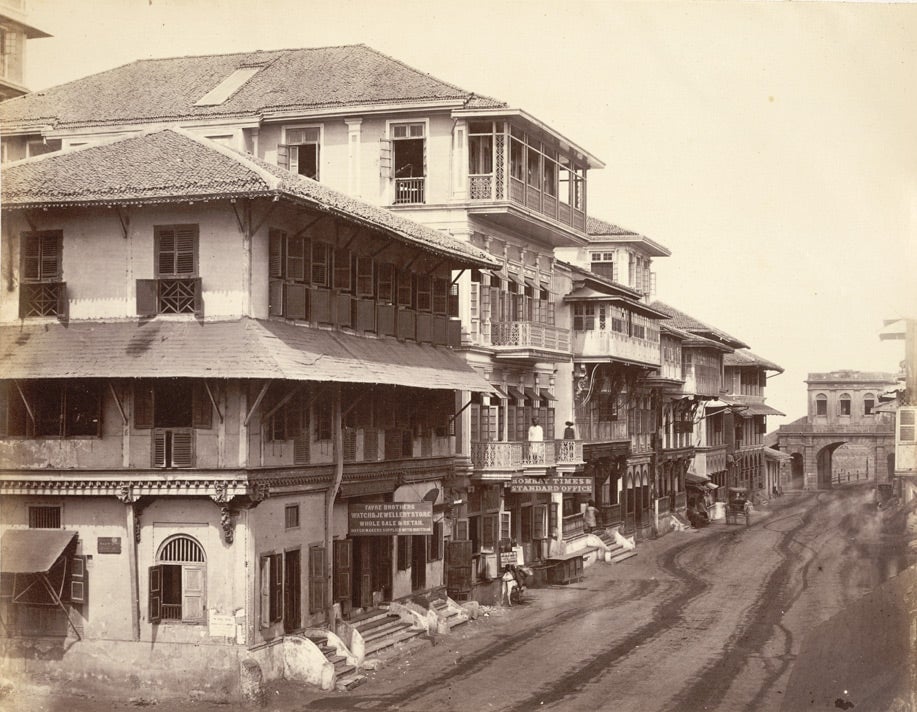What’s Mumbai’s favourite baker got to do with Mussolini’s fascism?
Monginis cake shops are an institution in Mumbai.


Monginis cake shops are an institution in Mumbai.
Generations of residents have had their birthday cakes, cookies, and chocolates brought in from the neighbourhood outlet of this much beloved bakery chain. And under the father-son duo Zoher and Qusai Khorakiwala, Monginis was one of the first companies in India to franchise its cake and pastry shops across the country, opening over 680 outlets in 16 cities over the years. (In 2015, some 210 stores in West Bengal, Odisha, Bihar and the northeast were rebranded as Mi Amore after the end of a franchising agreement.)
However, little is known about the two Italian brothers who gave the company its name: The original Monginis restaurant was opened on Church Gate street in 1902, back when the city was called Bombay. Most profiles of the company today acknowledge its Italian roots, but the lack of reliable information usually results in the story skipping a few decades ahead to when the brand ended up in Indian hands.
So, Tania Bhattacharyya, a PhD candidate at Columbia University who studies the social history of 19th and early 20th century Bombay, decided to dig a little deeper, delving into the archives of The Times of India newspaper from the 1900s. She discovered that the original Monginis was a big hit among the European and Indian elites of Bombay, who flocked to it not just for cakes and confectionaries but also to attend concerts and dinner dances. In the 1930s, The Times of India wrote that Monginis was the “favoured haunt at afternoon and evening of the city’s socialites, intelligentsia, and business bosses.”

Bhattacharyya also discovered a fact that may not necessarily sit well with all the sweet delicacies the shop is associated with: one of the Mongini brothers was a big fan of Italy’s fascist leader Benito Mussolini.
“What is less known perhaps is that L U Mongini, one of the founding brothers of the company, was a proud fascist who wrote several letters to The Times of India praising ‘the immense services rendered by Mussolini to Italy’ and explaining how ‘fascism [had] saved Italy’ from the disaster that was Communism in his opinion,” Bhattacharyya wrote in her blog, Archivenama, on April 17.
In his letters, signed with the address of his famous shop (45, Church Gate street), Mongini wrote that the benefits of fascism far outweighed its costs, claiming that “if on the one hand fascism insists on discipline and places restrictions on so-called liberty, on the other hand it creates order and economic balance in the State.”

It’s unclear if Mongini’s opinions changed by the end of the Second World War. As India became independent, the Mongini brothers left the country, selling their restaurant to a local family, the Khuranas, who later passed it on to the Khorakiwalas in 1956.
The space was converted into a department store, but the growing popularity of their cakes, made using the baking equipment left behind by the Italians, prompted the family to diversify its business. So, in 1970, the first Indian-owned Mongini cake shop opened up in Bombay’s Chembur neighbourhood.
Since then, the brand has grown by leaps and bounds and now sells over 30 million pastries and 40 million cakes every year. We don’t know where the Mongini brothers ended up after leaving India, but their name has gone on to become one of the country’s most treasured bakery brands.